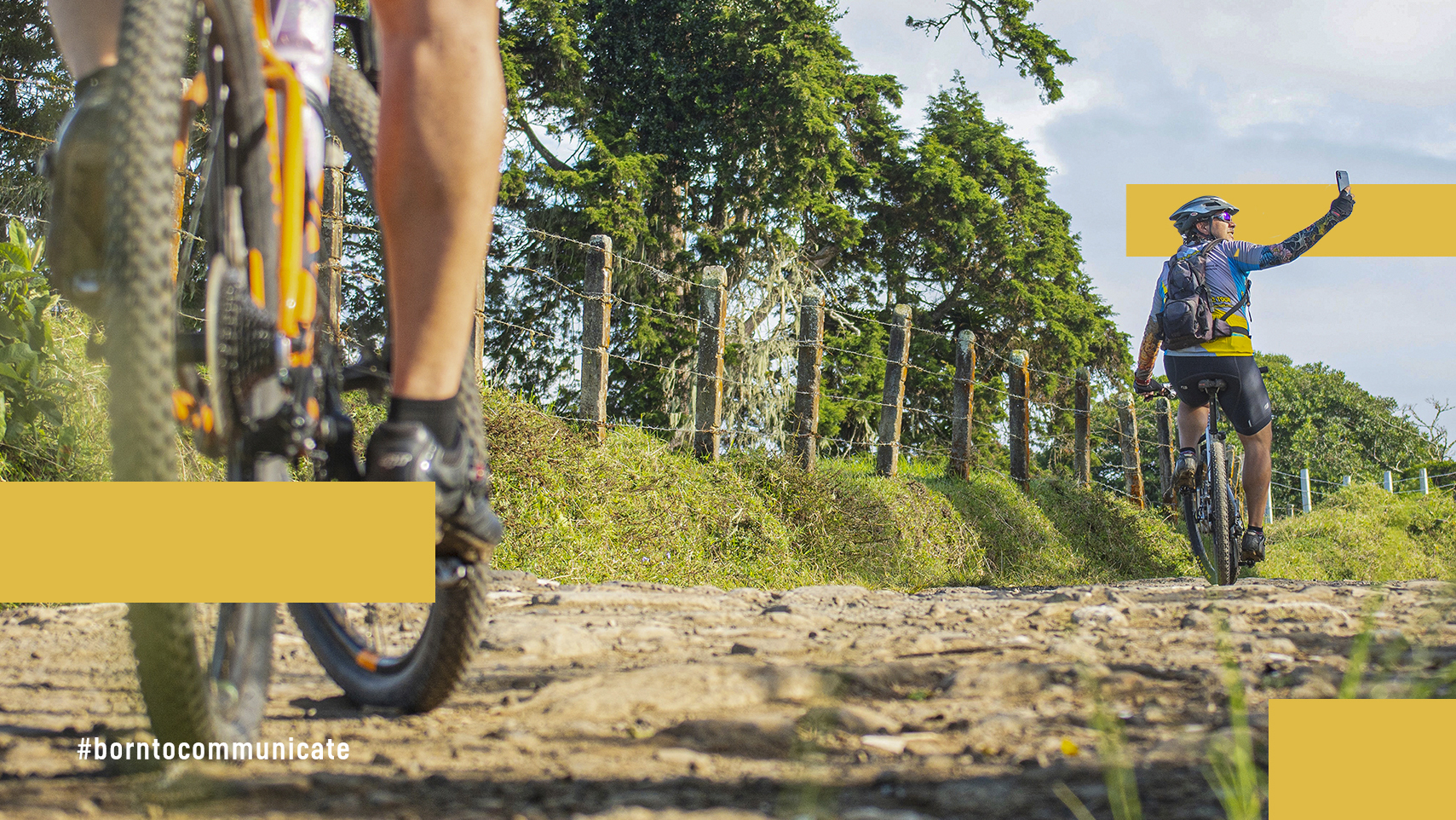The cut: stop for 15% of competitive events
The pandemic and its consequences brought several non-negligible challenges, either directly or indirectly, from the many expensive prevention and control measures to local authorities and sponsorships' hard times. In the post-COVID cycling world, only events that can generate real value for their partners will survive.
The COVID-19 pandemic crisis might hopefully be over, but some of its effects are still to be seen in the present and the near future. And evolutions have to be also expected in the World of sports.
At Vitesse, we have been working in cycling for roughly 30 years as Press Office, PR, Media Relations, event organizers, and digital strategists. Our substantial background enabled us to give a wide-angle look at the two-wheels World and spot ten remarkable trends that might establish themselves in the coming months or years.
Our predictions will come in different blogs. Some of those might sound bold, but we believe they all have chances to become a reality, sooner rather than later.
Here is the eigth episode:
The cut: stop for 15% of competitive events
Once again, COVID-19 risks acting as an accelerator of a trend that has already existed for several years, on the Italian market perhaps even more than elsewhere: the disappearance of professional races, which has not spared during recent times even events with a long tradition.
In this sense, the pandemic and its consequences brought a series of not negligible challenges, directly and indirectly.
Those willing to organize a race in 2020 will have to comply with significant prevention and control measures. Temperature measurement, self-certification, sanitization interventions, preparation of larger environments to ensure distance, review of the entire process of media operations and hotel logistics, will significantly add to the commitment and cost yielded to the organization.
On and even more off-road, many races are supported only by the passion of volunteers, willing to give up profit margins for the excitement of seeing their event come to life. However, it is precisely for these organizers that the risk of additional restrictions might represent an obstacle - even if only from an economic point of view. Many organizations, even structured ones, have already chosen to give up 2020 season: we expect that other events, although already rescheduled, will follow once the requirements for racing events are budgeted.
We hope that 2021 will not be affected by similar health diseases, not at least the same intensity. However, we anticipate that at least 15% of professional events may struggle to take place in 2021, and the reason is not - directly - COVID-19.
With local authorities on a tight spot after a conditioned season and the difficult time of sponsorship, which could be mitigated by tax credits, we believe that there will no longer be room for events without a clear plan and strategy for returning investment by its stakeholders.
Every event needs to answer a need, whatever it may be, and it must build its value system and its positioning in communication on it. That's how you produce real value for a partner: with coherent marketing and communication ideas.
It is a costly and challenging path, but one that needs to be done. The companies' and institutions' sponsorship choices will more and more be based on evidence, figures, the actual return on investment, and compliance with their marketing goals. Being able to play on this table will be the only way to succeed (and not without effort). Those who can't might eventually surrender.
